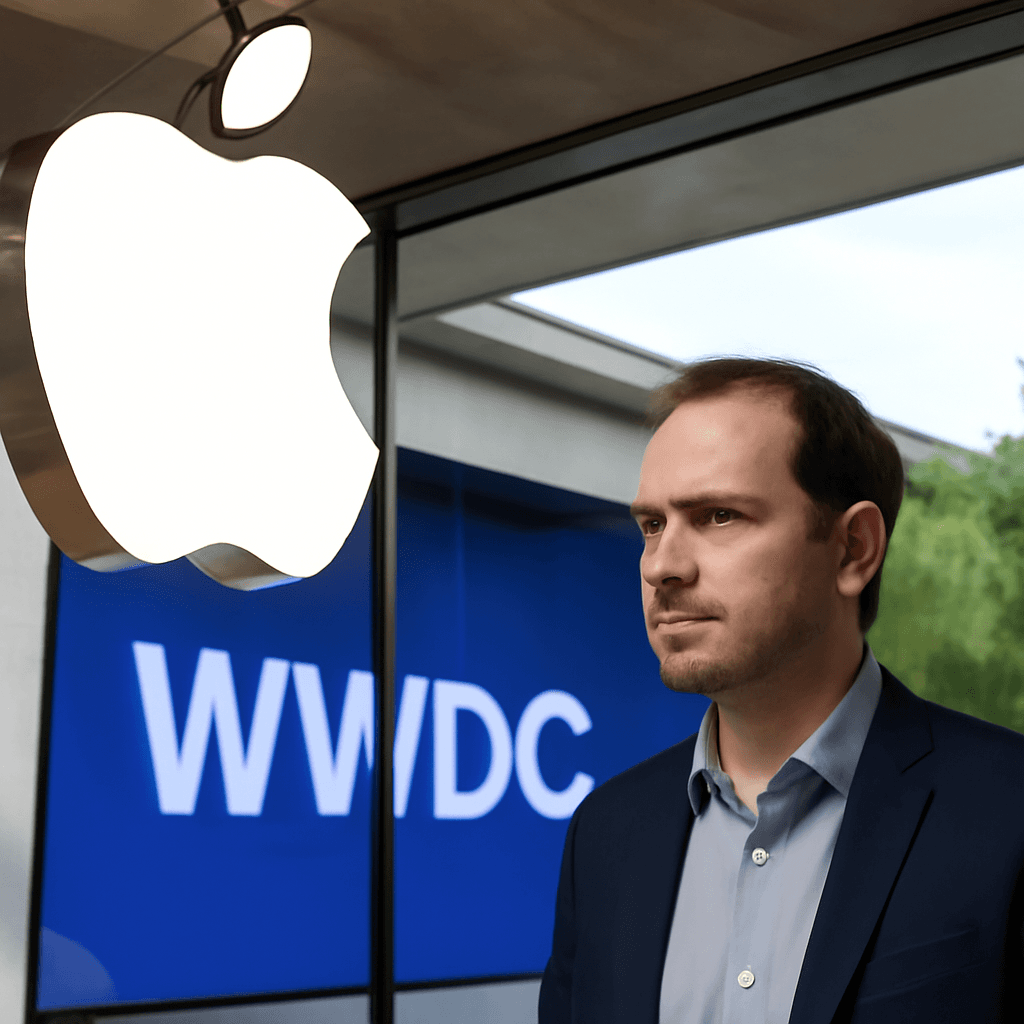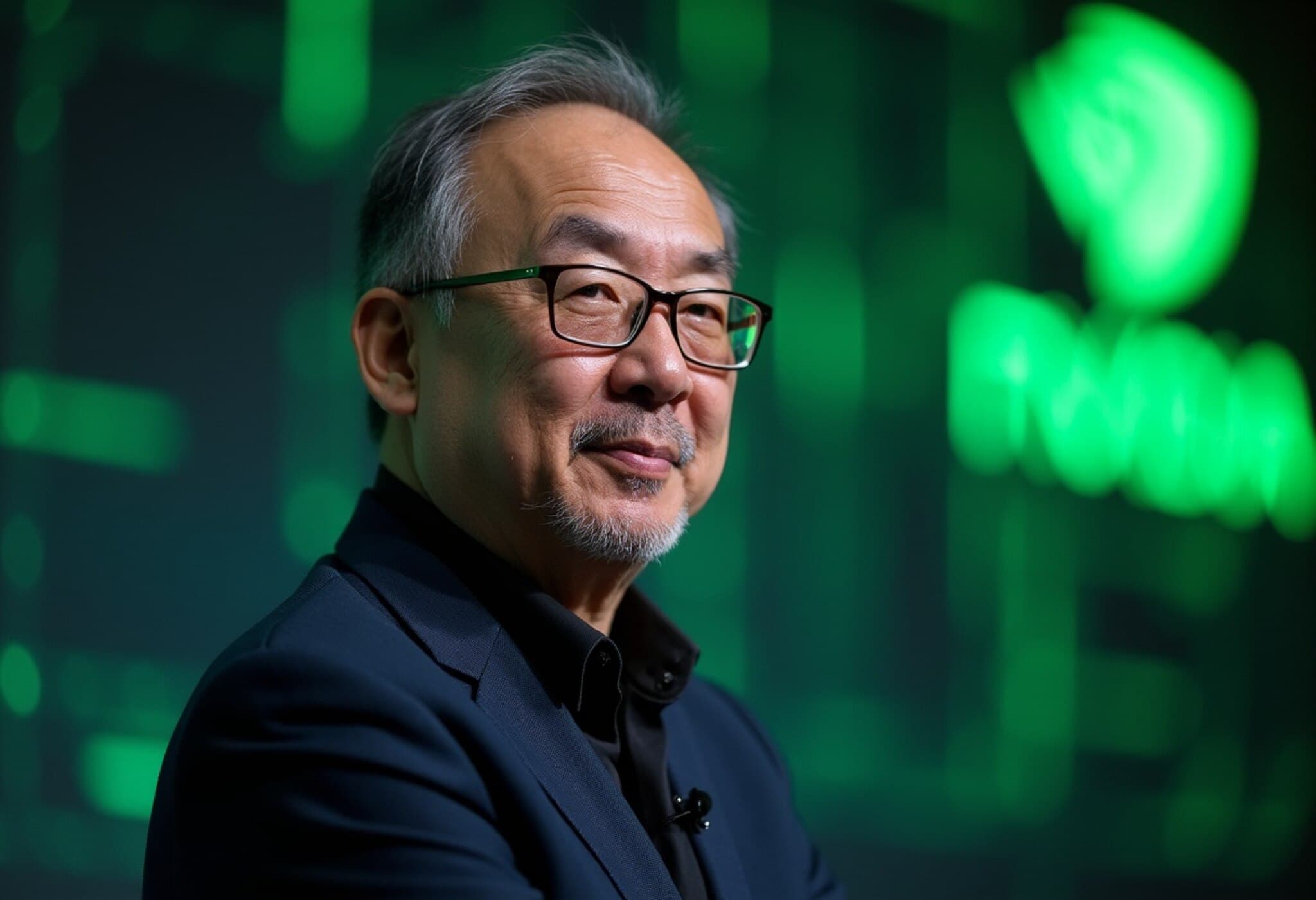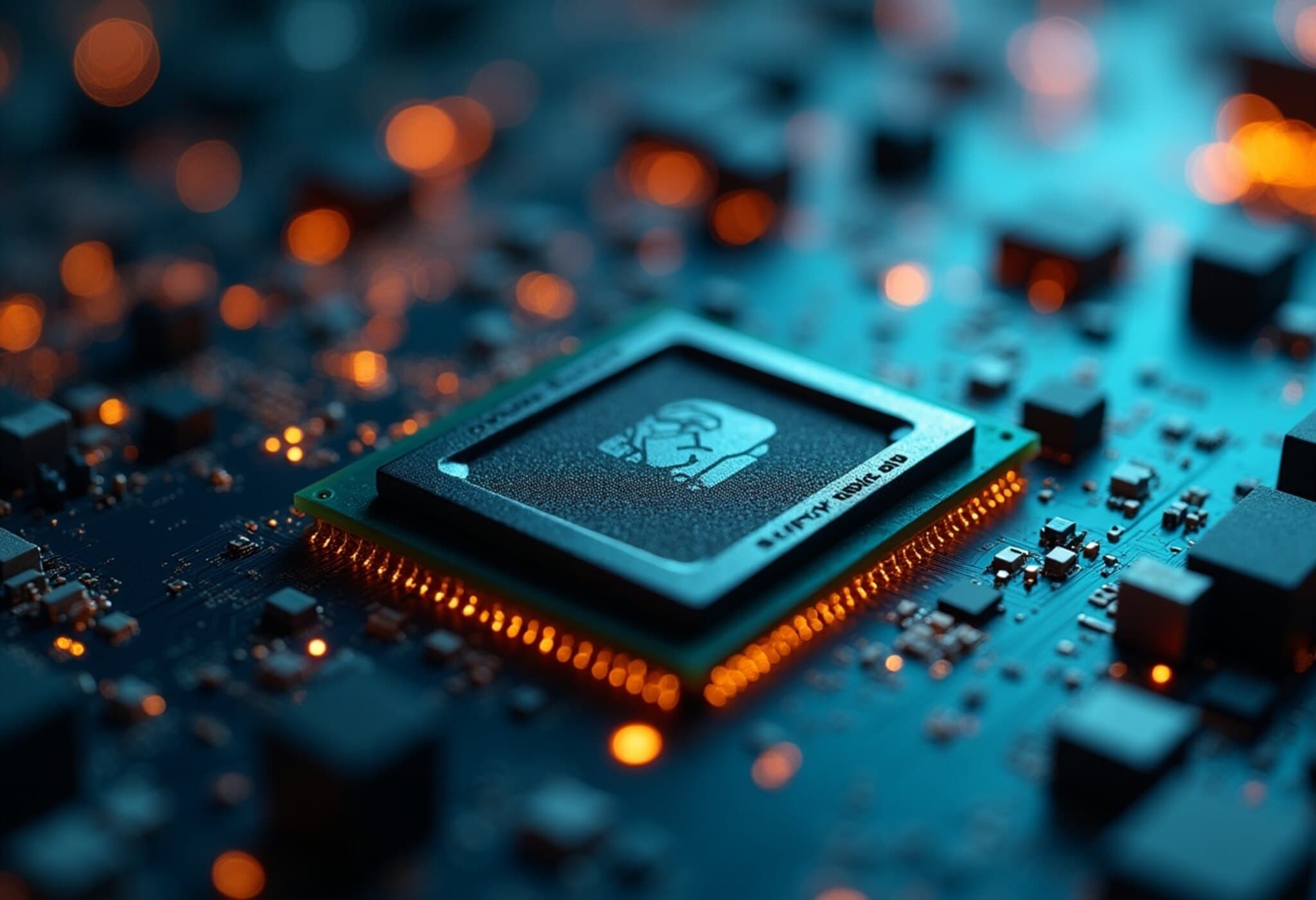Quantum Computing at a Pivotal Moment, Says Nvidia CEO
Jensen Huang, CEO of Nvidia, is growing increasingly optimistic about the future of quantum computing. Speaking at Nvidia's GTC Paris developer conference, Huang emphasized that the technology is hitting an inflection point, signaling new possibilities for practical applications in the near future.
The Promise of Quantum Computing
Quantum computers harness the principles of quantum mechanics to tackle problems beyond the reach of traditional computers. Unlike classical bits that represent either a 0 or 1, quantum bits, or qubits, can exist in multiple states simultaneously. This property allows quantum systems to process vast amounts of data and could revolutionize fields such as medicine, scientific research, and finance.
Why This Moment Matters
During his keynote, Huang highlighted his encounters with a vibrant community of European quantum innovators, including French startup Pasqal. He declared that we are "within reach" of using quantum computers to solve meaningful challenges in the coming years. Nvidia's own hybrid quantum-classical platform, Cuda Q, was presented as a key development supporting this transition.
From Cautious to Confident
Huang's latest remarks mark a shift from his prior stance. Earlier, he suggested a 15-year timeframe to realize practical quantum machines was ambitious, leaning toward a 20-year outlook instead. That cautious view had previously dampened investor enthusiasm, leading to stock price declines for quantum-focused companies like Rigetti and IonQ.
However, Huang has since softened his outlook and expressed surprise at the earlier market reactions, now adopting a notably more bullish tone regarding the technology's near-term prospects.
Industry Momentum and Breakthroughs
Nvidia's positive stance isn't isolated. Last year, Google announced significant progress in quantum "error correction" — a critical advancement that helps maintain the accuracy of quantum data and extends computing capabilities. Meanwhile, public interest and investment activity continue to thrive, exemplified by recent billion-dollar acquisitions and rising share prices among quantum firms.
Looking Ahead: Why It Matters
- Technological advancement: Improved error correction and hybrid systems are driving feasibility.
- Commercial potential: Quantum computing could unlock solutions for complex problems across various sectors.
- Growing ecosystem: A robust community of startups and established companies is accelerating innovation globally.
As Nvidia and others push the boundaries of what's possible, Huang describes this era as “a really exciting time” for quantum computing—a sentiment that may well inspire fresh enthusiasm among technologists and investors alike.



















